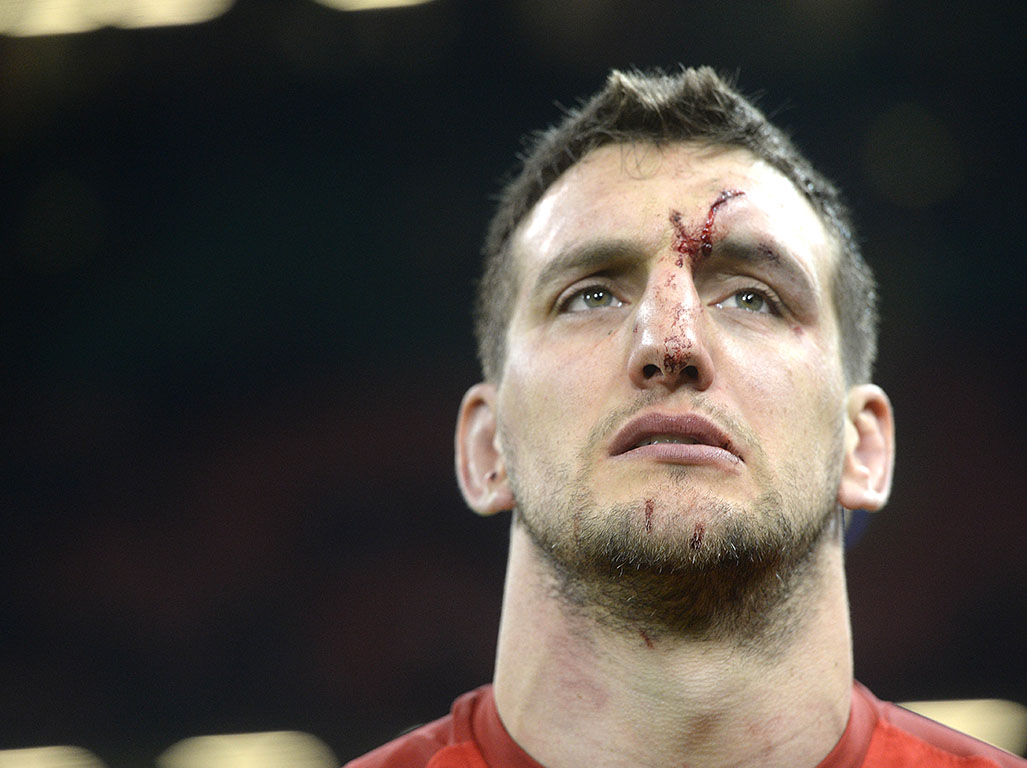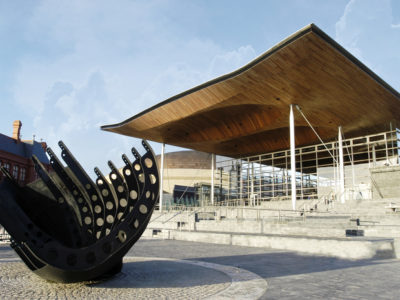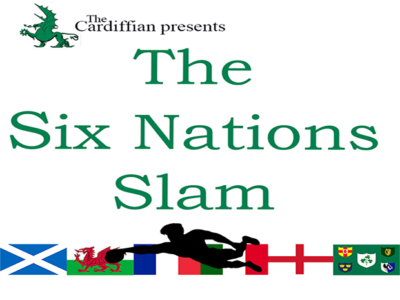IT was a defeat which summed up Wales’ mixed year perfectly. After four underwhelming victories in a row, dating back to a strange autumn, Wales were once again valiant in defeat against an England side who notched their 16th straight triumph thanks to a brilliant try four minutes from time by the increasingly impressive Elliot Daly.
But despite defeat, the overriding feeling from the home fans was one of pride. They went toe to toe with a team who had not lost a rugby match since the 2015 World Cup. They dominated them at the breakdown. They denied them on several occasions when it looked certain a try would be scored. All things considered, the performance was far, far better than the 33-7 win over Italy six days earlier.
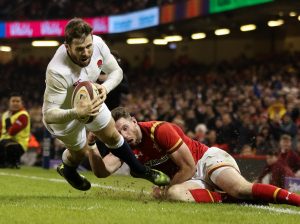
Elliot Daly of England beats Alex Cuthbert of Wales to score a try.
Credit: Huw Evans Picture Agency
Dan Biggar was excellent at fly-half, showing the kind of skills and willingness to run with the ball that have been missing from his game for some time. Sam Warburton, Justin Tipuric and Ross Moriarty controlled the back row battle, winning eight turnovers to England’s two. Their superiority was not a question of experience, they are just far better players than Maro Itoje (at flanker, at least), Jack Clifford and Nathan Hughes.
But the bottom line is, Wales lost the game. In spite of producing their best performance at the Principality Stadium since it was under its previous guise of “The Millennium”, all they had to show from their efforts in a practical sense was a solitary losing bonus point.
There is no single big reason for Wales’ failure to win the game, but a series of marginal issues which combined to allow England the chance to win. So still plenty for Rob Howley to work on.
Wales were not helped by the late withdrawal of George North thanks to a leg injury, but Howley’s first mistake was electing to use the “safe” option of Alex Cuthbert on the wing rather than take a punt on the exciting Scarlets back Steff Evans.
Cuthbert would always have been an easy scapegoat if the game went against Wales. The Blues’ wing is out of form, lacking in confidence and very short of fans at this moment. By choosing the safe option, Howley was essentially giving himself an excuse in case things went wrong.
The defeat was not solely down to this decision, but putting Cuthbert on the wing did not help Wales’ cause. He was caught napping at the fringes of a ruck to allow Ben Youngs to dive over for England’s opener and was completely outpaced by Daly for the winner. His tepid attempt to bring down the Wasps back hardly helped his cause either.

Alex Cuthbert during the Wales v England Six Nations clash. Credit: Huw Evans Picture Agency
It wasn’t as if Cuthbert had a positive impact in attack to make up for his defensive deficiencies either. He carried the ball on just seven occasions, making a grand total of three metres with ball in hand. Liam Williams, the other wing, made 59 in his try-scoring display.
But although he had a poor game, Cuthbert shouldn’t be blamed for being thrown into a situation where he was bound to struggle. Howley’s decision to play him was costly but the blame cannot be pinned on just one man.
Although Wales played excellently, living up to the buzz of the crowd, there were a few tactical errors which, if corrected, may have swung the game in their favour.
The most glaringly obvious example was the decision that the backs would not kick to touch when under pressure. The thinking behind this tactical decision was a fear of the English line-out. The visitors won all nine of their throws, and used these positions to exploit the weaknesses in the Welsh drive which had been exposed by Italy the week before.
But by keeping the ball in field, it allowed England’s expressive backs to counter them. Admittedly, Howley was stuck between a rock and a hard place. England are very good with ball in hand and at the set piece, but Jonathan Davies’ kick which led to Daly’s try gave his teammates no chance to chase and put pressure on the ball. It was a tactic which ultimately cost them.
Howley also withdrew some of his best performers early in the second half, sticking to a pre-planned substitution routine rather than reading the flow of the game. Ken Owens and Ross Moriarty were two of the best players on the pitch for the first 50 minutes, but were withdrawn early in the second half to make way for Scott Baldwin and Taulupe Faletau. Scott Williams was also later withdrawn for Jamie Roberts, who had no impact in the centre.
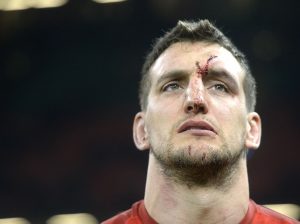
Sam Warburton of Wales looks dejected after the game. Credit: Huw Evans Picture Agency
Although having someone of the quality of Faletau on the bench to call upon was a tempting prospect, Wales were in the ascendancy when Howley made the changes and their momentum was lost shortly after they happened. Wales didn’t score any points after 60 minutes, shortly after the bulk of the changes were made. Having a better read on the flow of the game may have given Wales enough of a push to get over the line.
Howley now has two weeks to gather the troops before a tricky trip to Scotland, where Wales will have a significant advantage in the back row but will face a back line brimming with talent and excitement.
Wales must build on the positive work from the forwards on Saturday and keep up the intensity and turnovers which rattled a very good England side, but also learn from the errors that denied them a famous win. The potential is there for this to still be a great tournament, but sadly, this one got away.
